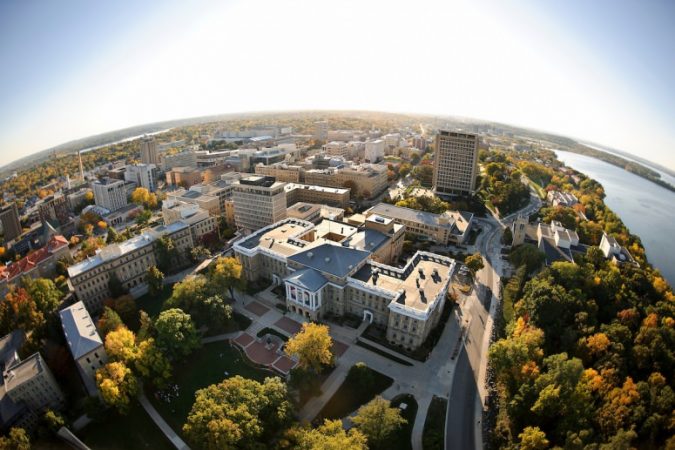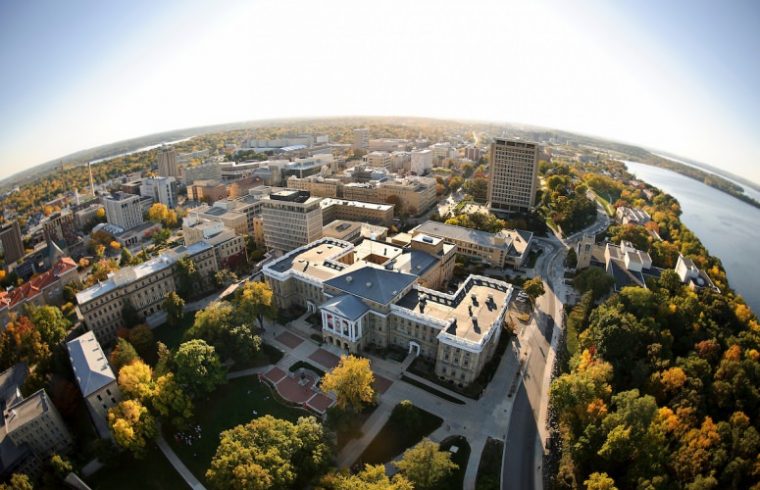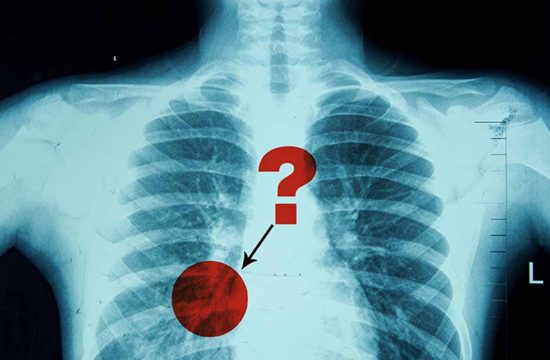MADISON – The University of Wisconsin–Madison is the highest ranking national public university and fourth overall in Washington Monthly’s 2021 College Guide and Rankings.
The ranking is based on three criteria: research excellence, social mobility, and community and national service.

“The Monthly’s rankings are crafted to push institutions of higher learning to be engines of upward mobility, scientific progress, and democratic participation,” the magazine explains.
“UW–Madison provides a world-class education to an increasingly diverse student body, with an emphasis on contributing to the public good through research and service to our state, nation and the world,” says Provost Karl Scholz. “These rankings are one measure of our success in providing that.”
UW–Madison ranked seventh in research expenditures, seventh in the number of science and engineering PhDs awarded, and 25th in faculty accolades (number of faculty receiving prestigious awards and number who are members of the National Academies, relative to the number of full-time faculty). On the “best bang for the buck” list of national universities, it ranked fourth.
The university also performed well in the category of service, ranking 11th in the number of alumni, relative to college size, who go on to serve in the Peace Corps and AmeriCorps. UW–Madison is among the top 10 schools with the highest percentage of degrees awarded in service-oriented majors, including health, education and social work.
UW–Madison was also recognized in a list of the best colleges for student voting, a recognition of the achievements of the award-winning BadgersVote Coalition. Washington Monthly measured which schools take part (and to what degree) in the National Study of Learning, Voting, and Engagement, which calculates registration numbers and turnout rates for participating campuses, and the ALL IN Campus Democracy Challenge, which helps schools craft plans to bolster civic engagement.
“Many of today’s leading political issues – especially the devastation wrought by climate change – are of particular importance to younger generations,” Washington Monthly writes. “It is imperative that colleges do everything they can to get their students to vote.”








